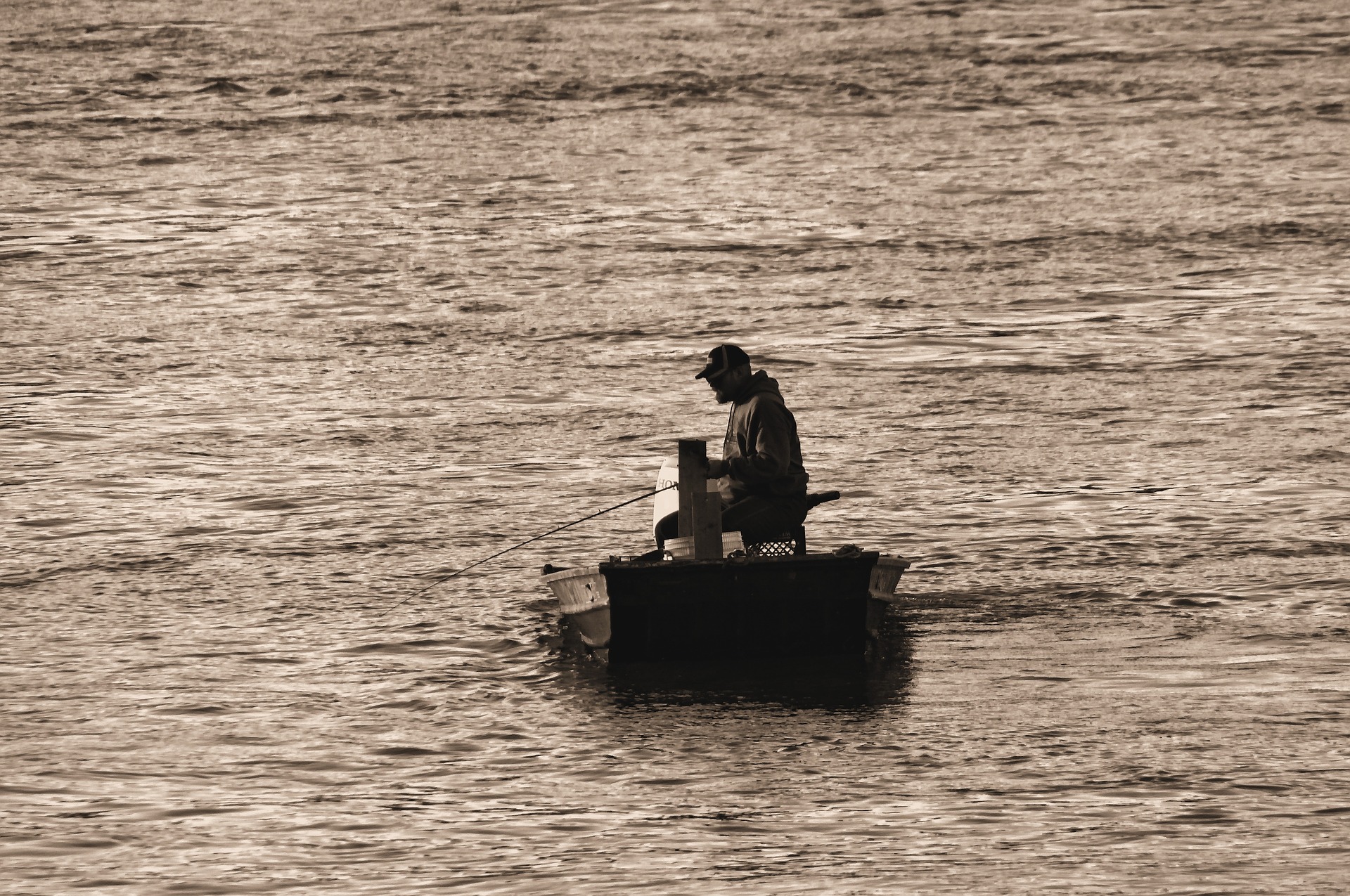Whether you’re interested in buying a boat to fish, hunt duck, get around, or for the occasional lake exploration, jon boats make an excellent choice for any boater.
Jon boats can accommodate over five people, depending on their length and weight capacity, making them ideal for a little friendly fishing competition.
Add to that how much more stable, customizable, easy to operate, and cheaper they are than any other type of boat, and the choice of getting a jon boat becomes a very simple decision.
But if you’re not familiar with boating laws and regulations, understanding what goes into owning a jon boat can be a bit tricky, especially when it comes to titling.
Generally, most states require registration for motorized or long boats. Titling is seldom needed, though.
In this post, we’ll go over all you need to know about jon boats and titling. We’ll also shed light on some of the most notable requirements in different states.
What Is a Jon Boat?
A jon boat is a flat vessel that’s usually made out of aluminum. Its bottom is almost entirely flat and its bows (fronts) are squared, making this type of boat look rectangular.
A typical jon boat usually comes with nothing but a bench in the middle, but it can be fitted with just about everything you need. Their aluminum body means they’re light, sturdy, and can go for years without major maintenance costs with the right care.
Do Jon Boats Need Titles?
The paperwork requirements for jon boats are different from one state to another. Whether or not you need to title your boat mostly depends on two factors: the boat’s length and if it has a motor.
Most states don’t require a title for small, non-motorized jon boats, some require titling for boats above certain lengths, and some require titles for certain specs—sails, horsepower, etc.
These are not one-size-fits-all regulations, though. There are lots of exceptions to the general rules, which is why you should check your state’s specific regulations.
States Titling Requirements
In this section, we’re going to go over the general requirements of most of the states that require titling. Please note that this does not, by any means, replace the need to check your own state’s rules regarding your specific boat of choice.
Note that there are some states that aren’t on this list. This is mainly because there isn’t enough data online with regard to their requirements.
Titling Required for All Boats
The state of New Jersey requires titling for all boat types and lengths that are intended for use in public waterways.
Titling Required for Motorized Boats
Nevada, Florida, Kentucky, Maryland, Michigan, Oregon, South Carolina, Washington, and Wyoming require a title for all motorized boats, including trolling motors.
Titling Required for Specific Boat Specs
- Idaho requires titles for any motorized boat OR any vessel above 12 feet.
- Missouri and Montana require titling for motorized boats that are 12 feet long or more.
- North Carolina requires a title for boats 14 feet long or above.
- Texas requires titling for motorized boats as well as boats that are 14 feet or longer.
- Ohio requires titling for boats with 10 HP motors or above, or boats that are 14 feet or longer.
- Minnesota and Wisconsin require a title for any boat 16 feet long or above.
- Iowa requires a title for any boat 17 feet long or above.
- Michigan requires a title for any boat 20 feet long or above.
- Nebraska requires a title for motorized boats made on or after November 1, 1972.
- New Mexico requires a title for sailboats or motorized boats that are over 10 feet.
- Oklahoma requires titling for boats with motors over 10 HP.
- Utah requires titling for boats made in or after 1985.
- West Virginia requires titles for motorized boats purchased in the state after July 1, 1989.
What Makes Jon Boats Great for Beginners?
This type of boat has been globally popular for decades, and for good reason. Provided that you buy the right size and accessories, jon boats can be incredibly convenient for beginners.
Budget-Friendly
These boats have a minimalist, no-frills design with basically nothing but the hull in place. This makes them one of the cheapest, if not the cheapest type of boats out there.
You can easily find a jon boat in the 3-digit budget, especially if you’re buying second-hand. You could even keep it under $1,000 with basic accessories and modifications.
Low-Maintenance
Once again, the minimal design and number of moving parts on this type of boat are reflected in the maintenance costs for this type of boat.
That being said, their metal hulls can corrode or get damaged if they were neglected or left in saltwater without proper care.
Versatile and Stable
The virtually flat bottoms of jon boats enable you to take them into very shallow waters. They also provide great stability, since the flat bottom keeps the boat on top of the water instead of in it, like traditional V-hulls.
Equipped with the right motor, they can also navigate open waters to some degree. However, those flat hulls make for a very rough ride in wavy waters. Gaining some experience on jon boats before taking them to the ocean is advisable, as they are at a higher risk of capsizing.
Conclusion
Just because jon boats are quite popular among beginner boaters doesn’t mean they’re not excellent boats for the seasoned boaters and fishermen out there. In fact, some boaters have used jon boats for years and even decades.
From simple carpeting and rod holders to seats and storage units, the customization options for these boats are endless. The basic setup makes it a highly customizable vessel, depending on your level of knowledge and budget.
Just make sure to check your state’s regulations with regard to titling requirements so that you can enjoy a hitch-free boating experience.

